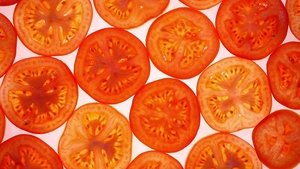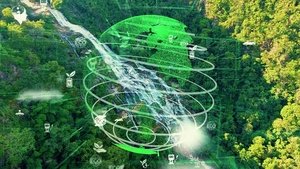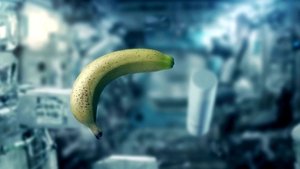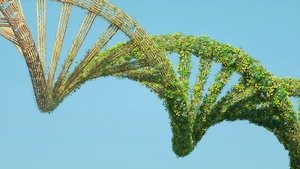
It all depends on calories, you need a certain amount to live, but without exaggerating. The risk of obesity is increasingly frequent, at least in our rich societies. Then it also depends on what foods we eat to obtain the energy we need. So? Let's eat the right amount, avoid junk foods and maybe do some exercise. Easy to say! Otherwise, there are diets. But beware of those fake ones that make you lose weight more than your waistline... your wallet!

Prevention, the magic word! To cure a disease there is only medicine but, it has now been proven, a healthy diet can help to prevent it. So lots of fibre, legumes, vegetables, fruit, little meat, especially red meat, good olive oil. What does all this remind us of? Our good old Mediterranean diet, which can protect us from the main chronic and inflammatory diseases. If, at the end of a meal, we also eat a piece of chocolate... even better!

Every cuisine is mixed, most of the ingredients come from far away. Foreigners that we put on our plate. To get them, until not long ago, wars were fought and oceans were crossed. The meeting between the old and the new world was the occasion for one of the most extraordinary exchange operations in the history of human nutrition. Along with the tomato, corn, beans, peanuts, potatoes and then cocoa, vanilla and tobacco arrived in Europe. Rice, wheat, barley, vines and olive trees, coffee and sugar cane landed on the American continent. But then did the famous kilometer 0 ever exist?

Eating is such an important event in life that it is not just used... to feed yourself! The act of eating has always been loaded with historical, symbolic and religious meanings. What you eat, but also how you eat it, varies based on the place you are in and its traditions. But also to the times: new knowledge but also new sensitivities advise us to avoid what was even recommended to eat until a few years ago.

Maybe we don't realize it but everything we find on our plate every day is closely linked to the events that happen in the world. Everything we eat has traveled a more or less long journey, most of the time it has crossed borders, it has been bought and sold, it has enriched or impoverished someone. And what role does Italy, the home of good food, have in this global geopolitical confrontation?

Eating one's own kind, is there anything more scabrous, almost inconceivable? Yet, in human history it has always been done, partly for ritual purposes, sometimes out of necessity, sometimes out of criminal perversion. But then, we ask ourselves almost jokingly, how nutritious is human flesh? Finally, there is positive cannibalism: that of the cells of our body, which feed on themselves, on their own waste, producing positive effects on our health.

Eating too much is bad for you, undoubtedly. But not eating is certainly not good for you. Especially if decided alone to chase false myths, cover thinness! But how long can you live without eating and with what consequences? How do animals that hibernate fast? Today we know that eating less extends your life but rather than fasting it is correct to talk about caloric restriction.

What do you eat on a space station when a small crumb of bread could cause irreparable damage? And when we are on top of a mountain? What is the best food for those going to war? And can a castaway survive in the middle of the ocean with makeshift means? Extreme situations that require extreme foods and ingenious solutions.

If eating pollutes, then let's try to be careful. But how? There are solutions, some have always existed, others looking to the future. If insects, mushrooms and algae have always been present, and with excellent results, in the diets of peoples far from ours, why don't we try to taste them? Or we could eat meat produced in the laboratory, or almond, rice, soy, oat milk, or even 3D printed vegetable steaks: science does not stop and the real challenge to convince us to eat all this will be that... of taste.

Eating pollutes: however we put it, this is an incontrovertible truth. Already today, food production alone is responsible for 30% of greenhouse gas emissions. But then what should we do? In the meantime, be careful not to waste it, over 17% is thrown away. Then understand that there are foods that have more impact, others less. Eating less meat would be a good place to start. Finally, invest in technology, focus on sustainable agriculture which guarantees the same results but with less water, less fertilizers, fewer pesticides.